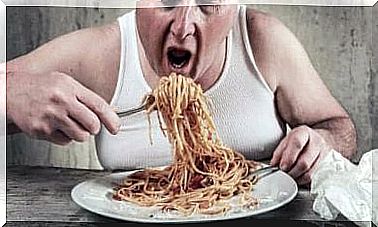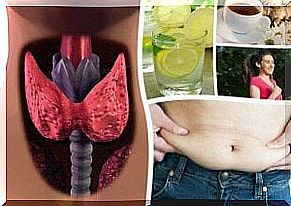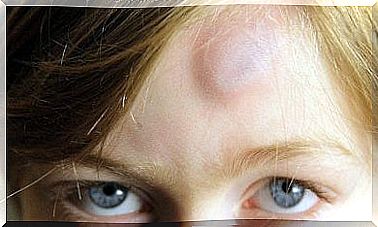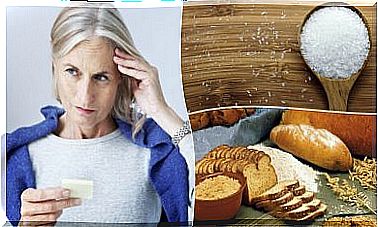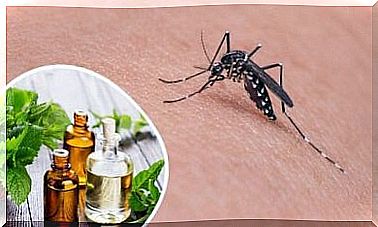Treating Crohn’s Disease With The Right Diet
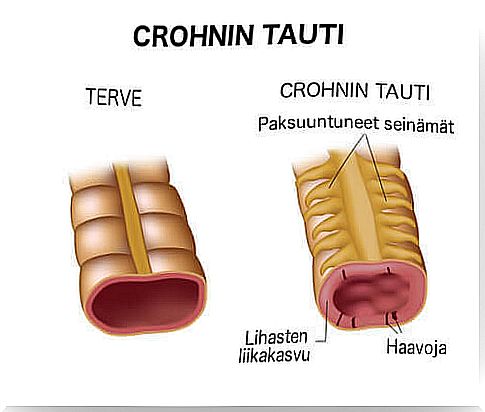
Living with Crohn’s disease is not easy. It is a chronic disease associated with inflammatory bowel disorders.
Although the disease has more asymptomatic and worse stages, it often affects the quality of life of those who suffer from it. It is usually inherited and has been linked to certain bacteria or viruses that alter the normal functioning of the body. In addition, other factors such as anxiety, stress, or lifestyle choices can make the condition worse.
Is there a cure for Crohn’s disease? The truth is that today this disease cannot be cured. However, it can be treated to improve the patient’s quality of life. Antibiotics and corticosteroids are often given, and many people, sooner or later, have to undergo surgery to remove diseased parts of the gut.
In addition to the treatments prescribed by doctors, the treatment of Crohn’s disease is partly successful through diet. In this article, we will explain more about this.
1. Diet and Crohn’s disease
Doctors tell us that just like in colon inflammation, there is no single diet in the treatment of Crohn’s disease that works the same way for all patients, but everyone is a unique case. For this reason, it is important to be aware of the following:
- There are times when the disease is not as intense and the symptoms are in remission, allowing the patient to eat several different types of foods without harm. But when the pain, swelling, or diarrhea returns, the patient needs to change their diet.
- Pay attention to your body and how different foods make you feel. This means that one day the rice may make you feel sick. Should you blame rice and eliminate it from your diet? You should also pay attention to the spices used. Sometimes certain spices or even dyes can cause severe irritation.
- If you suffer from Crohn’s disease, some foods cause pain or intolerance within half an hour to two hours after eating. The moment the food reaches the gut, the reaction is almost immediate.
- Eating small amounts throughout the day is recommended. This means avoiding mounded plates. The intestinal reaction is smaller, perhaps even imperceptible.
- Chew your food properly and rest for half an hour to an hour after eating.
Take care of your sources of stress and avoid straining yourself during the day. Try to live a relaxed life!
2. Treatment of Crohn’s disease with the right diet
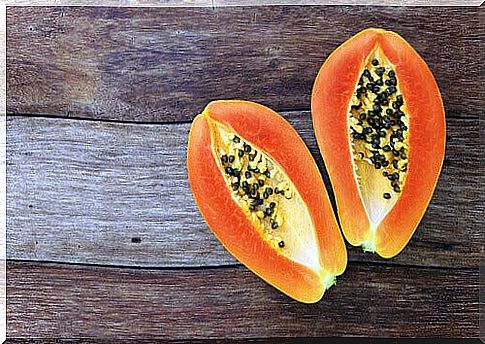
Drinks
- Avoid coffee and tea, they irritate the intestines.
- Avoid alcoholic beverages.
- Drink more water, regularly in small amounts throughout the day.
- Chamomile tea is awesome: It is anti-inflammatory and relaxing.
- Mint tea can also provide a lot of relief.
- Pineapple juice can help you digest foods better.
Make sure you get your daily needs for calcium and protein
Due to inflammatory processes, diarrhea, and immune problems associated with Crohn’s disease, it is essential to increase the amount of calcium and protein you eat.
Keep these recommendations in mind:
- Lactose intolerance is normal in people with Crohn’s disease, as lactose causes inflammation in the body. For example, you can use rice milk to which calcium has been added as a substitute for dairy products.
- Try tofu and pay attention to how your body feels. If you can tolerate it, try adding it to your diet regularly as it is high in calcium and plant proteins.
- Try adding ham to your diet. It is high in protein and not as fatty as red meats. You need sources of protein, so try other lean meats like chicken and turkey. Never eat fried foods!
- Eggs are also good for the Crohn’s disease diet.
- Tuna, mackerel and sardines are good sources of healthy proteins and are often well tolerated.
Fruit
- Try quinces
- Apples, baked in the oven or apple puree, but never add sugar!
- Pears
- Papaya
- Bananas (if you can tolerate them)
Vegetables make you feel awesome
- Asparagus
- Endive
- Sweet potato
- Cucumber
- Carrot
- Potato
- Celery
- Artichoke
- Eggplant
The right vitamin supplements
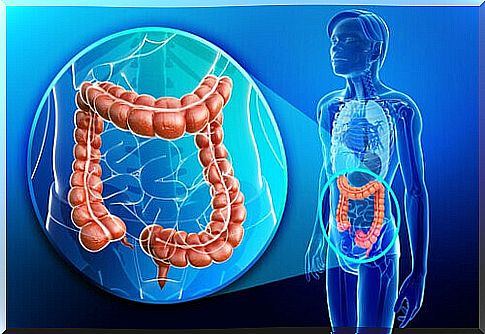
Patients with symptoms of Crohn’s disease often experience episodes of weakness due to inflammation and changes in the bowel. Adequate intake of vitamins and minerals is essential.
Try to include these supplements in your diet, they are available from all pharmacies:
- Folic acid
- Zinc
- Flaxseed and flaxseed oil: both good sources of natural minerals.
You should avoid
- Legumes with a lot of insoluble fiber.
- Bran that can cause more irritation.
- Avoid sweets.
- Avoid sauces and heavily seasoned foods.


